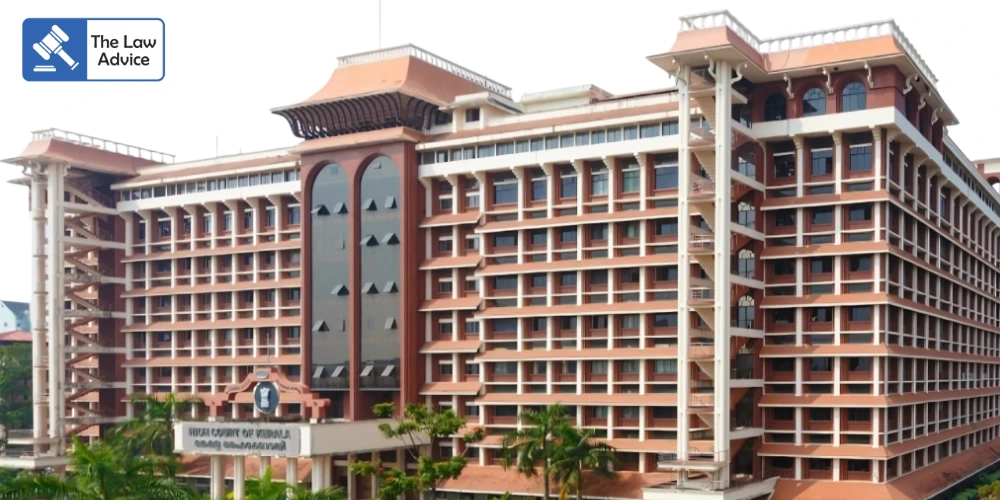
The Kerala High Court has held that a trial court is permitted to frame charges under both Section 409 IPC (criminal breach of trust by public servant) and Section 420 IPC (cheating) when there is uncertainty as to which offence the facts finally establish.
A bench of Dr. Justice Kauser Edappagath passed the ruling while deciding an original petition under Article 227 filed by a journalist not originally party to the trial. The petition challenged the trial court’s refusal to invoke Section 409 IPC after a plea under Section 239(1) BNSS (old Section 216 CrPC) seeking to add the charge was dismissed.
The case concerned allegations that a Thondy (property room) clerk (1st accused) conspired with a defense advocate (2nd accused) in a Sessions case to take a material object out of court, alter it over four months, and reintroduce it as the original, allegedly to secure an acquittal. Charges were initially framed under Sections 120B, 420, 201, 193, 217 r/w 34 IPC.
Earlier, although the High Court had quashed the proceedings in 2022, it had allowed the prosecution to revive the case through proper process. Later, the Supreme Court restored the criminal trial, emphasizing the seriousness of the alleged evidence tampering. The journalist’s locus was again questioned, but both the Supreme Court and High Court recognized that a stranger may intervene when allegations involve tampering with court records and the prosecution is inactive.
During arguments after the evidence stage, the public prosecutor sought to add Section 409 IPC, but the trial court rejected it, reasoning (1) Section 409 was not prima facie established, and (2) Sections 420 and 409 cannot coexist, referring to earlier Supreme Court rulings that Section 420 and Section 406 cannot be charged together.
The High Court disagreed. It held that the property clerk, as custodian of court-seized material, is entrusted by virtue of office, and the forensic report on tampering made out a prima facie case under Section 409. The Court also emphasized that Section 221 CrPC / Section 230 BNSS expressly allows alternative or cumulative charges where it is unclear which offence fits the facts. The earlier Supreme Court cases, it noted, did not consider Section 221 and therefore did not bar simultaneous charging.
The Court directed the trial court to add the Section 409 charge under Section 239(3)/(4) BNSS, while clarifying that the final determination—whether Section 409 or Section 420 or both are actually attracted—remains a matter for trial. It also stated that the trial court may seek extension of the Supreme Court’s time limit if necessary due to the addition of charge.
Case No.: OP (Crl.) No. 718 of 2025
Case Title: Anil K. Emmanuel v. State of Kerala & Ors.
Website designed, developed and maintained by webexy